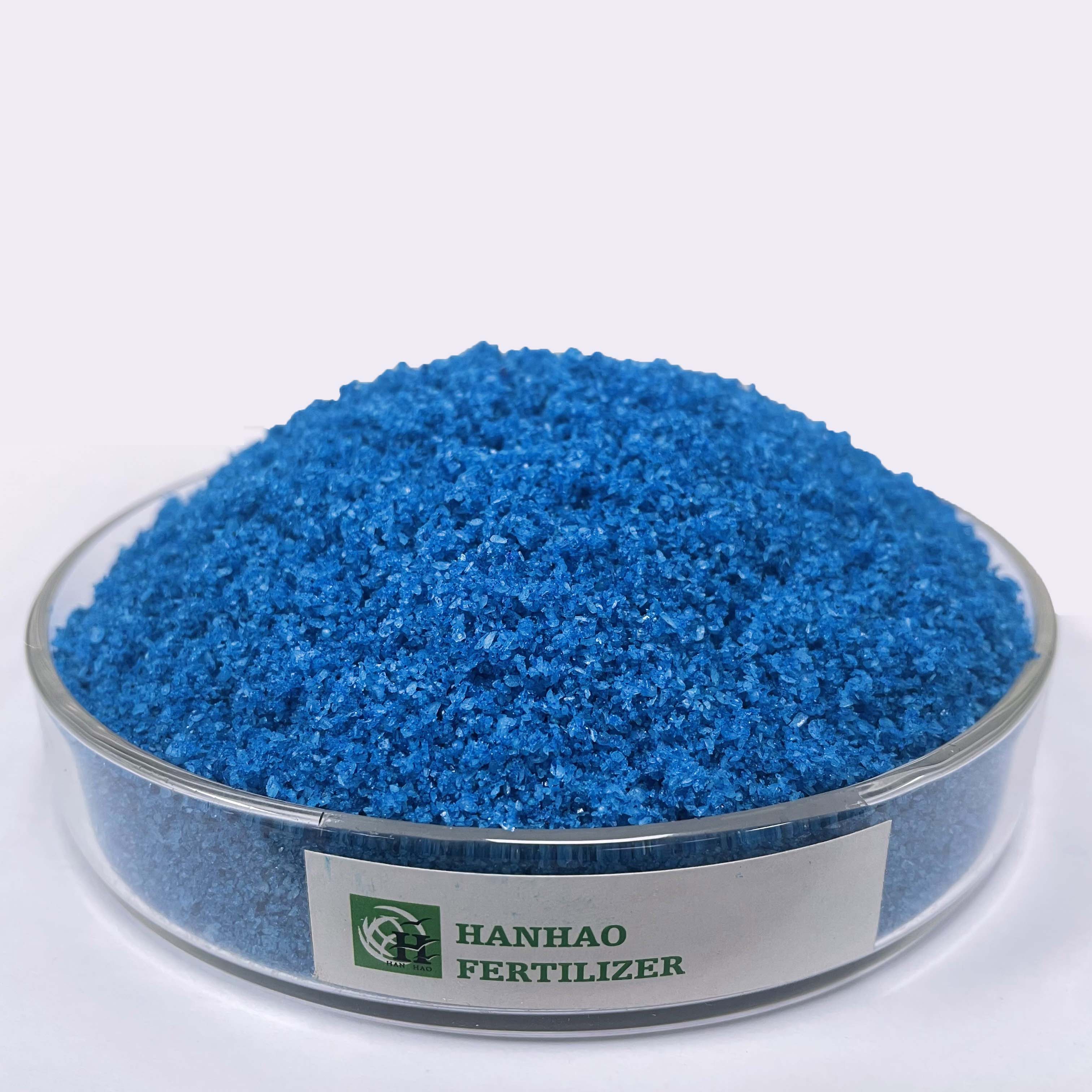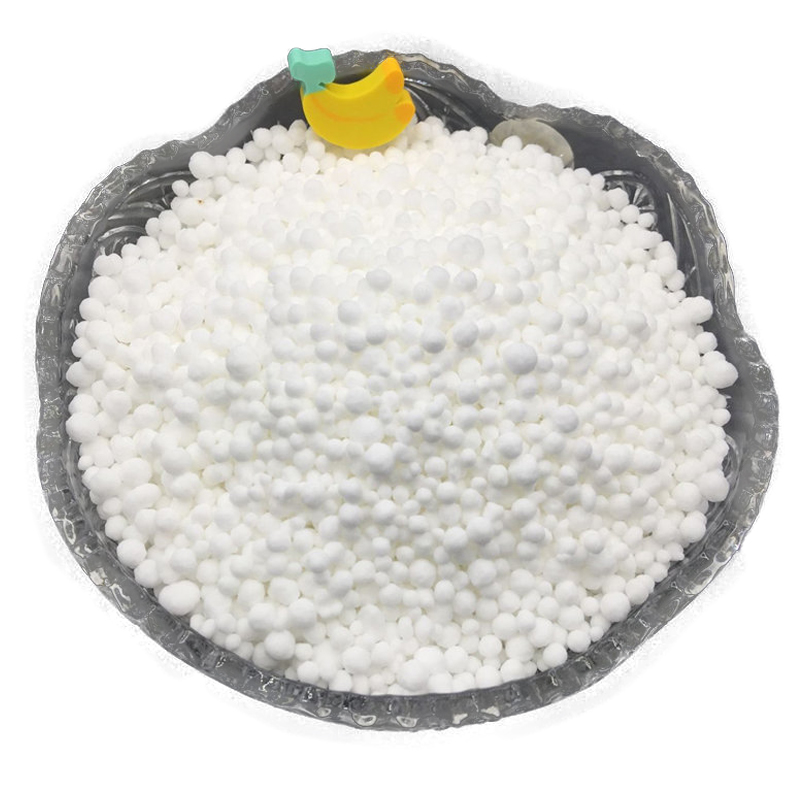
Jan . 26, 2025 09:03 Back to list
NPK Compound Fertilizer granular High tower Granulation Tumbling Granulation
Organic compost plant fertilizer is rapidly becoming the cornerstone of modern sustainable agriculture, providing essential nutrients to plants while also improving soil health without the negative environmental impact associated with synthetic fertilizers. The increasing popularity of organic gardening and farming underscores the importance of using organic compost as a fundamental element for plant nutrition.
For those committed to organic and sustainable agricultural practices, organic compost plant fertilizer is indispensable. Its use aligns with eco-friendly farming principles, promoting biodiversity and enhancing ecosystem services. As a testament to its efficacy, various agricultural experts have noted the superior taste and quality of produce grown with organic compost, often displaying better flavor profiles and nutritional content compared to conventional counterparts. The application of organic compost fertilizer is straightforward but requires an understanding of specific plant needs and soil conditions. Experts recommend testing the soil for pH, structure, and nutrient content to determine the appropriate quantity and type of compost required. Applying compost as a top layer or mixing it into the soil are common techniques, with timing being critical; it is beneficial to apply compost at the beginning of the growing season to allow the nutrients to become fully integrated into the soil. When choosing an organic compost product, it is important to select brands that have been certified by reputable organizations. Certification ensures the compost is free from contaminants and is derived from safe, natural sources, reinforcing the trustworthiness and safety of the product. Reading peer reviews and consulting with agricultural professionals can also provide insights into the most effective compost products available on the market. Organic compost not only serves the immediate needs of plants but is integral to sustainable farming systems that enhance soil fertility for future generations. This renewal of soil health ensures a continuous cycle of growth that is paramount in maintaining the global food supply chain. Conservationists argue that widespread adoption of organic compost plant fertilizer could significantly mitigate climate change impacts by sequestering carbon in the soil and reducing reliance on fossil fuel-derived fertilizers. The challenges of climate change and environmental degradation make the transition to sustainable farming practices increasingly urgent. As part of this transition, organic compost plant fertilizers embody a perfect blend of tradition and innovation, delivering the expertise and trustworthiness demanded by both agricultural experts and environmental advocates alike. By embracing organic compost, farmers and gardeners are not just cultivating plants—they are cultivating a more sustainable future.


For those committed to organic and sustainable agricultural practices, organic compost plant fertilizer is indispensable. Its use aligns with eco-friendly farming principles, promoting biodiversity and enhancing ecosystem services. As a testament to its efficacy, various agricultural experts have noted the superior taste and quality of produce grown with organic compost, often displaying better flavor profiles and nutritional content compared to conventional counterparts. The application of organic compost fertilizer is straightforward but requires an understanding of specific plant needs and soil conditions. Experts recommend testing the soil for pH, structure, and nutrient content to determine the appropriate quantity and type of compost required. Applying compost as a top layer or mixing it into the soil are common techniques, with timing being critical; it is beneficial to apply compost at the beginning of the growing season to allow the nutrients to become fully integrated into the soil. When choosing an organic compost product, it is important to select brands that have been certified by reputable organizations. Certification ensures the compost is free from contaminants and is derived from safe, natural sources, reinforcing the trustworthiness and safety of the product. Reading peer reviews and consulting with agricultural professionals can also provide insights into the most effective compost products available on the market. Organic compost not only serves the immediate needs of plants but is integral to sustainable farming systems that enhance soil fertility for future generations. This renewal of soil health ensures a continuous cycle of growth that is paramount in maintaining the global food supply chain. Conservationists argue that widespread adoption of organic compost plant fertilizer could significantly mitigate climate change impacts by sequestering carbon in the soil and reducing reliance on fossil fuel-derived fertilizers. The challenges of climate change and environmental degradation make the transition to sustainable farming practices increasingly urgent. As part of this transition, organic compost plant fertilizers embody a perfect blend of tradition and innovation, delivering the expertise and trustworthiness demanded by both agricultural experts and environmental advocates alike. By embracing organic compost, farmers and gardeners are not just cultivating plants—they are cultivating a more sustainable future.
Share
Latest news
-
Organic 10-10-10 Fertilizer | Balanced Plant Nutrients
NewsJul.31,2025
-
Premium Amino Acid Fertilizer | Rapid Plant Growth Booster
NewsJul.31,2025
-
10 10 10 Fertilizer Organic—Balanced NPK for All Plants
NewsJul.30,2025
-
Premium 10 10 10 Fertilizer Organic for Balanced Plant Growth
NewsJul.29,2025
-
Premium 10 10 10 Fertilizer Organic for Balanced Plant Growth
NewsJul.29,2025
-
Premium 10 10 10 Fertilizer Organic for Balanced Plant Growth
NewsJul.29,2025
